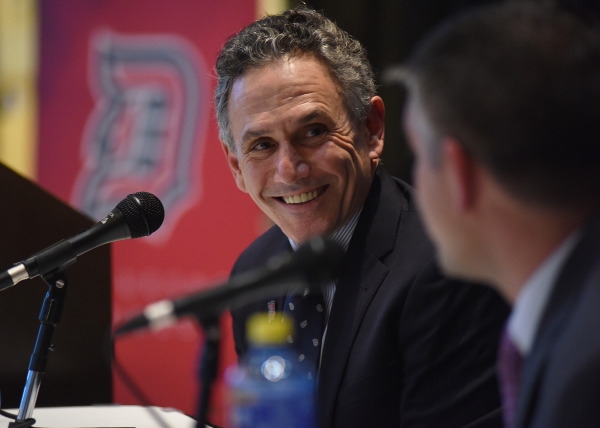03/21/2019
By Alexander Wolfe
No parent wants their child to receive a bad education. Some are just more obsessed with their child’s success than others. It’s difficult not to feel sympathy for a parent trying to help their child. Yet all sympathy is lost when you realize that said help comes at the expense of everyone else. But if you came to the realization that your child couldn’t get into a “good enough” school on their own, and you had the power to change that, what would you do?
How surprised are we that wealthy Hollywood parents are bribing their children into elite schools? The concept of rich families paying extra money to get their kids into a “better” school isn’t exactly new. But are the children of celebrities coincidentally smarter than the general population? Probably not.
When I first read the headline about Lori Loughlin — Aunt Becky on Full House for the people trying to live in the present — paying $500,000 for her kids to get into the University of Southern California (USC), it felt like a BuzzFeed or Newsweek article reading, “Crazy Mom pays DOUBLE for her son to get into PUBLIC University!”
Sure the scam is terrible, but it’s not the first time something like this has happened. In Georgia, 11 teachers were sentenced to jail time in 2015 for artificially raising their students’ test scores to meet performance standards set by their school board. The legitimate outrage from the millions of parents who’ve watched their children be crushed by the college acceptance process is completely justified, in addition of course to our own outrage because we worked hard in high school to get into college ourselves. Yet that ire could be useful if properly directed.
Of course the proctors, coaches and admissions officers should be terminated and face criminal charges, but the real problem is the culture surrounding the university admissions process.
An anonymous board member at USC recounted details from their board of directors meeting on the next year’s tuition price. Allegedly, the board was in agreement that they would simply raise tuition by 5 percent because their tuition would then be higher than their competitors (Stanford, Yale, etc), indicating USC to be the best school among them.
I’d like to assume this practice has been relegated to a board room in California, but that would be hopelessly naive. Price does not equate to quality, but that hasn’t stopped schools across the country from peddling their own narratives about their own students’ path to greatness.
High school students have been hypnotized to believe that they won’t succeed without going to the best school they can possibly get into. Should we fail in being admitted to our lofty “reach-schools,” we fear being labeled less than thou for all eternity.
I’m especially guilty myself, thinking that I’d be set if I could just get into Northeastern University in Boston. They have loads of internship programs (referred to as Co-Ops, good grief), which would lead me to a career, and that would be that, so I reasoned. Upon my inevitable rejection, I felt as though I would never have an enjoyable job, and be miserable forever. Yet this reaction felt sensible; we’re told in eighth grade that everything matters in high school because those grades will determine where we go to college, which will determine our lives forever.
English and history majors are being accepted into elite medical schools and biology and computer science majors are being accepted into elite MPP and MBA programs. Given these trends, why do college admissions officers visit high schools across the country with a mission to convince high school sophomores, juniors, and seniors, that if they don’t know what they want to do with their lives before they apply to college, then they must decide immediately or give up on their dreams.
This practice stems from a culture that drives universities to constantly need to sell themselves. Want evidence? The Princeton Review. It literally exists to subjectively compare and rate universities, emerging from this nationwide craze for colleges to seem like every student’s one-way ticket to success.
The final travesty is that admissions officers are completely knowledgeable of the problem. Alumni relations departments keep tabs on graduates, so universities are acutely aware of how their graduates proceed after leaving school. Hundreds of studies have been released asserting that the “best” students are the ones who are personally engaged and organically motivated by their studies. I didn’t come to Duquesne because I was enthralled by security studies, in fact the major didn’t exist until my second semester, but I showed up to orientation because I wanted to discover what I wanted to study, not because of my yearning for a golden ticket.
Universities caught in this cheating scandal will probably avoid too much damage to their reputations, but it’s high time we examine the college admissions process and its effects upon our self-esteem, motivation and overall rate of success. Our current method and its focus on competitive comparisons is holistically destructive to students everywhere.
I’m not here to say that competition itself is bad, but like most things, competition abides by the law of diminishing marginal returns. Too much competition creates an incentive to cheat the system, and in a system as subjective as education, cheating will only ruin it for everybody.




